PRESERVING NATURE OP-ED
Kogelberg reserve shows how protecting our biospheres is a sound investment
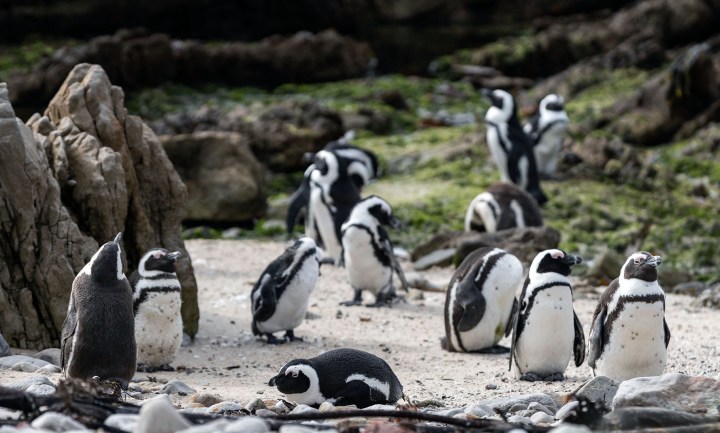
We must protect our natural assets, for the sake of the planet’s survival, and this can be done while supporting the well-being and economic recovery of communities.
An architect friend of mine likes to use the image of Planet Earth — the place we all call home regardless of where we live — to illustrate the concept of public space. The headlines in 2022 on the momentous agreement at COP15 to protect biodiversity reminded me how accurate that image is. Our home is under threat. Indeed, nature embodies the most crucial and important manifestation of public space and illustrates the need for collective efforts to preserve and ensure that it benefits the public good.
I was born in Colombia, a country with enormous natural beauty and one of the most biodiverse countries in the world. Yet, growing up, nature often felt out of reach, whether due to the privatisation of coastlines by hotels or private farms encroaching on unique areas — such as the Cocora Valley, home to the world’s largest wax palm trees — or the lack of safety that still prevents residents of its capital, Bogota, from visiting the iconic mountain range that frames the city.
While Colombia has made significant strides in opening up its natural wonders, travelling through the Western Cape this summer reminded me how much more can be done to preserve and share nature. Endowed with rich natural wealth, the province is in an enviable position to showcase how the protection and use of its natural assets can support the well-being and economic recovery of its towns and beyond.
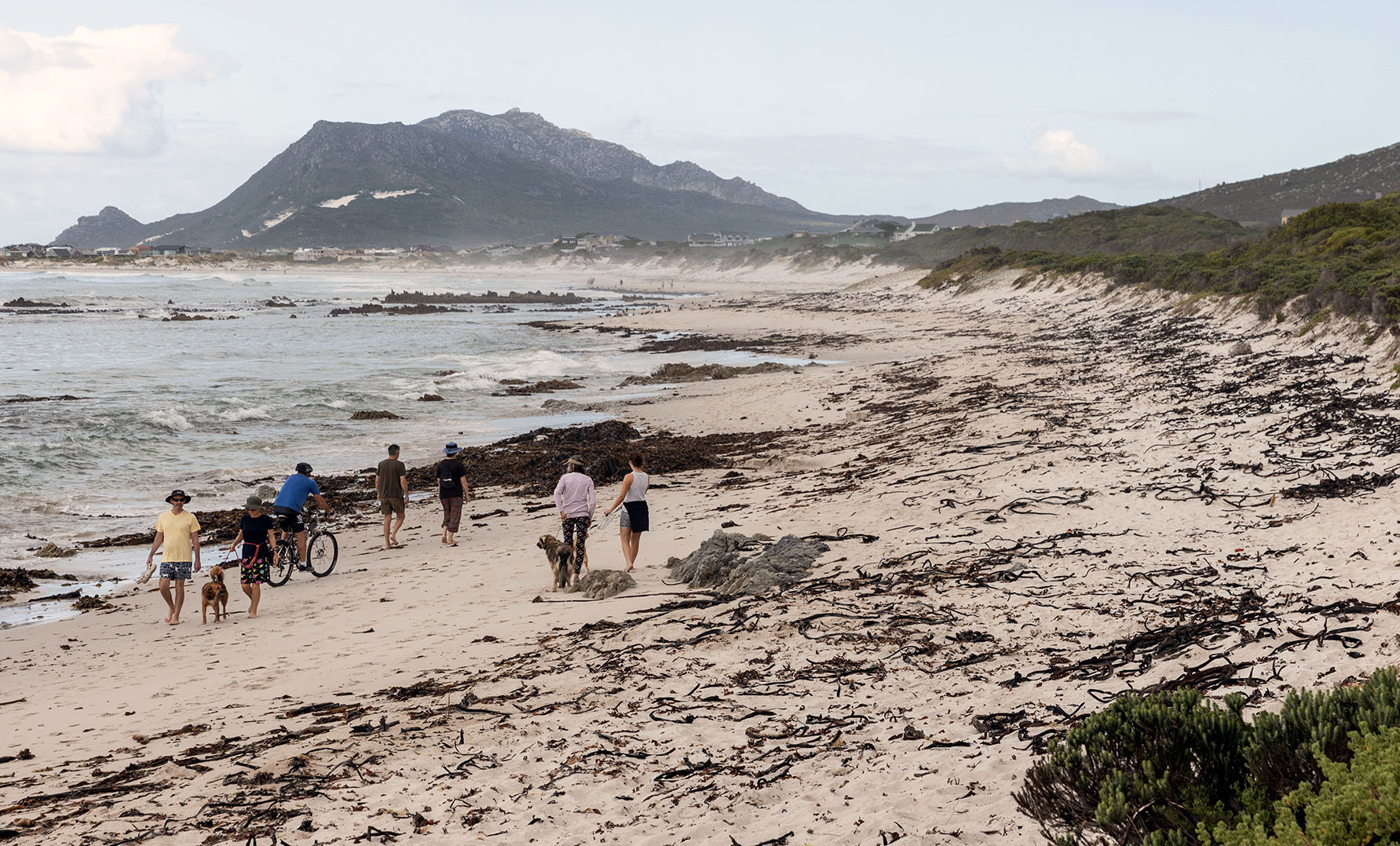
The coastline along Betty’s Bay is popular for recreation and tourism. (Photo: Ashraf Hendricks)
An excellent example of this is the rich biodiversity of Overstrand’s Kogelberg Biosphere Reserve, which runs from the mountains of Gordon’s Bay and along the coast to Hermanus and inland to Botrivier and Grabouw. As South Africa’s first recorded biosphere — registered with Unesco in 1998 — the reserve is managed by an eponymous not-for-profit company and is described as having “the richest, most complex biodiversity on Earth, home to more than 1,880 plant species. Of these, 77 are found just here, and nowhere else.”
South Africa is home to 10 of the 738 biospheres across 134 countries. Unesco recognises these model areas as key for building sustainable relationships between people and nature, describing biospheres as “learning areas for sustainable development… testing interdisciplinary approaches to understanding and managing changes and interactions between social and ecological systems.”
Nature that enables jobs
The dynamic tension between economic activity and preservation is particularly clear in places with high unemployment rates such as Overstrand, which according to councillor Clinton Lerm, sits at 46%. The challenge lies in not just striking a balance between the two, but finding ways to create jobs that support, or at least respect, conservation efforts.
Job creation initiatives along these lines have come from the public and private sectors, including removal of invasive vegetation, maintenance, and tourism initiatives. Community public works programme workers are visible at lakes and other public sites around Betty’s Bay, for example. Similarly, organisations like the WWF have set up programmes to support small-scale fishing and tourism among Kogelberg communities.
Visit Daily Maverick’s home page for more news, analysis and investigations
Identifying and finding resources for economic activities that support both people and the planet is a challenge that key players in Overstrand are trying to tackle collectively. The Hangklip-Kleinmond Tourism Bureau, for instance, brings together municipality, conservation entities and businesses to promote responsible tourism and create jobs. Its vision is to achieve coordination across the public and private sectors to significantly increase responsible tourism in the area.
Read in Daily Maverick: “Watch your steps – consider your carbon footprint and travel in eco-friendly style”
According to Corlie Hugo, coordinator of the Kogelberg Biosphere Reserve and member of the Hangklip-Kleinmond Tourism working group, “supporting livelihoods is the first step in achieving conservation goals — as a hungry person will not be able to focus on conservation and protecting nature”.
Instilling pride and ownership
Liezel Bohdanowicz, a local resident involved in conservation, describes the biosphere as a testing ground where people and nature can live and thrive, which needs to be protected for future generations.
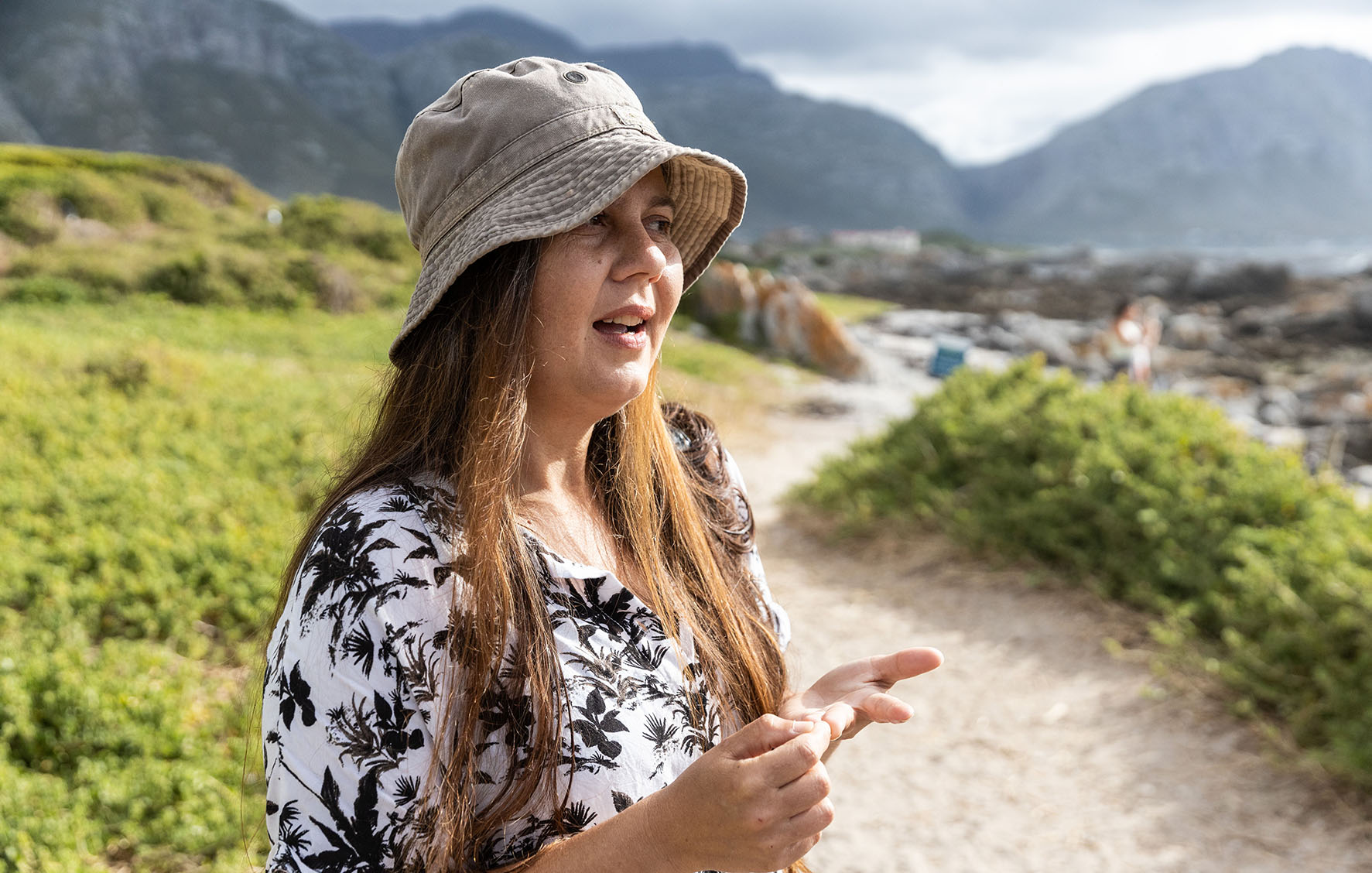
Environmentalist and cartographer Liezel Bohdanowicz is passionate about protecting the Kogelberg Biosphere Reserve and works with public and private entities to achieve this. (Photo: Ashraf Hendricks)
One of the hurdles in ensuring the biosphere meets its goals is compliance, says Bohdanowicz. Although the biosphere is not a legally binding entity, existing regulations such as the National Environmental Management Act, the National Water Act and Environmental Management Overlay Zones can help to protect certain elements, particularly coastal areas. However, there was an instance where a circular may have been misinterpreted, allowing unregulated wetland infill and the construction of several homes without proper elevation, which Bohdanowicz points out have compromised the area’s natural flood attenuation benefits.
Read in Daily Maverick: “As baboons and monkeys are slaughtered in Magaliesberg, we desperately need to find our humanity again”
Challenges around compliance are compounded by the complex relationships between different levels of government. For instance, the provincial government is responsible for roads and sometimes sprays pesticides to kill weeds along the road, which goes counter to conservation guidelines which the local municipality is working to uphold.
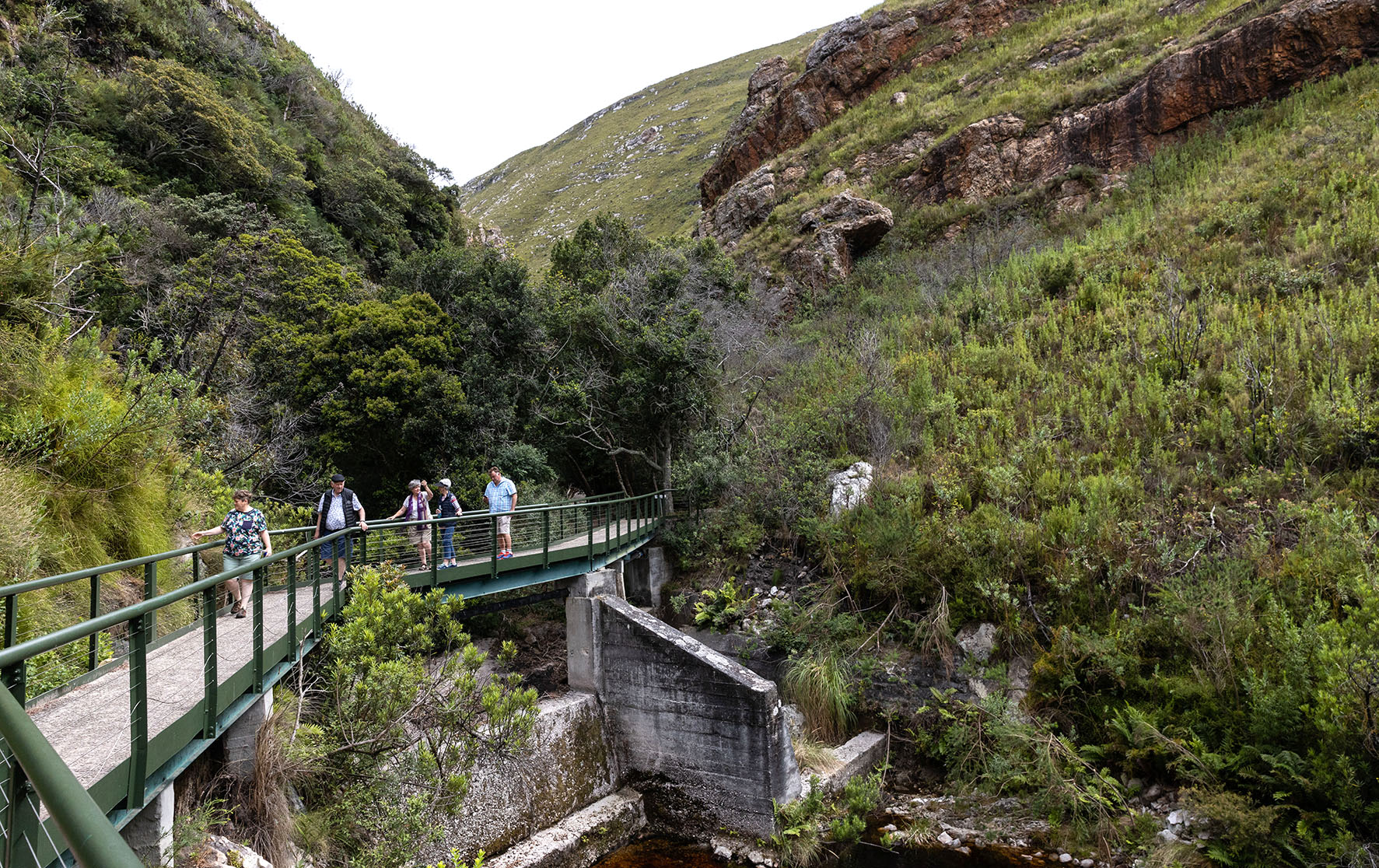
The Harold Porter National Botanical Gardens are in the middle of the Kogelberg Biosphere Reserve and illustrate the opportunities that lie in encouraging responsible human interaction with nature. (Photo: Ashraf Hendricks)
Bohdanowicz also points to a need to secure buy-in from residents so that they respect guidelines — such as keeping fences to a minimum and respecting wildlife corridors — and fully embrace the benefits of living in such a unique place. Part of the answer lies in education and better communication, which the Kogelberg Biosphere Reserve is working to improve. This remains a global challenge and a Unesco delegation of young people from other biospheres around the world recently visited Kogelberg to share experiences and explore ways to better communicate with local residents.
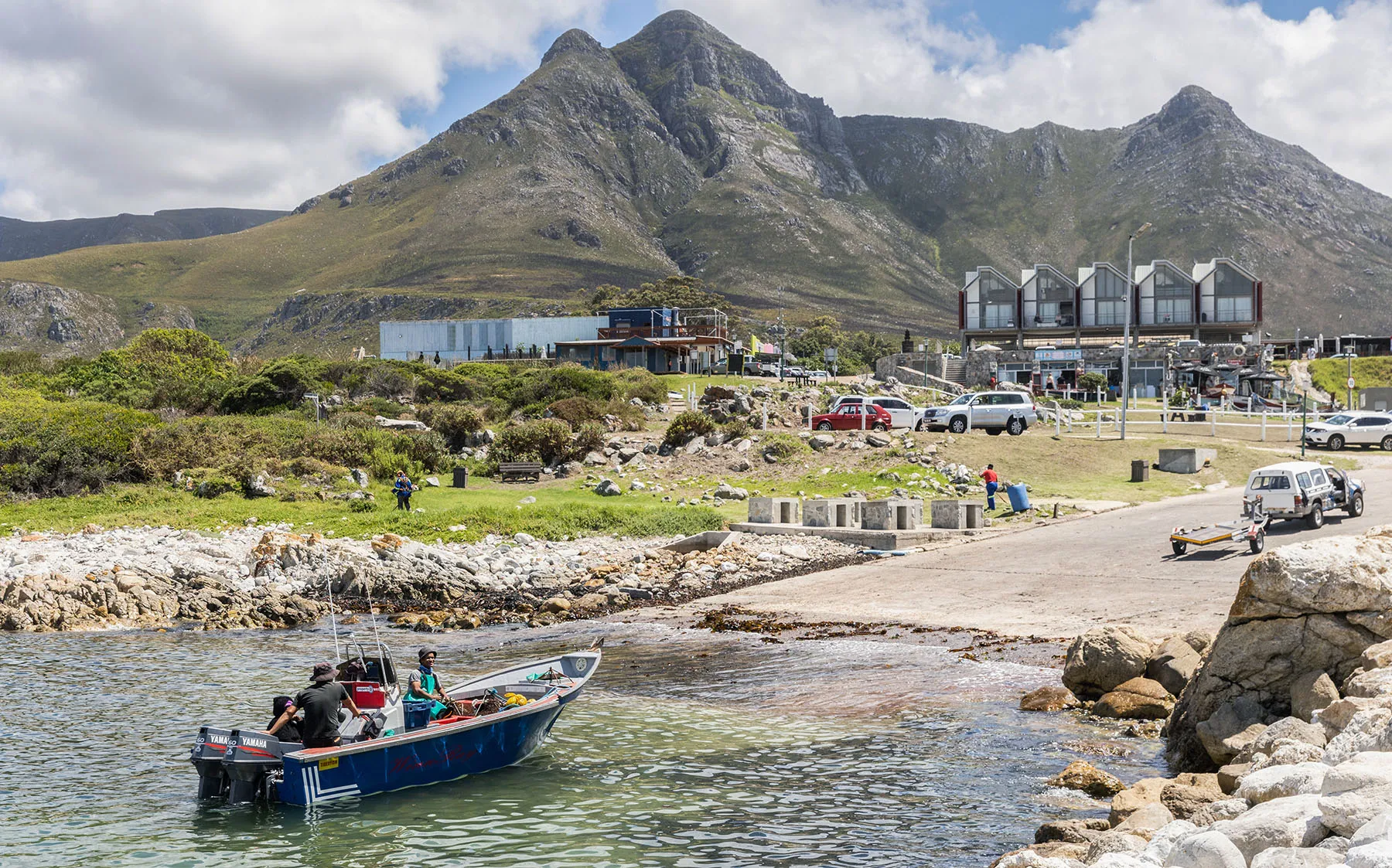
Small-scale fishing in Kleinmond is one of the economic activities supporting local residents while protecting the biosphere. (Photo: Ashraf Hendricks)
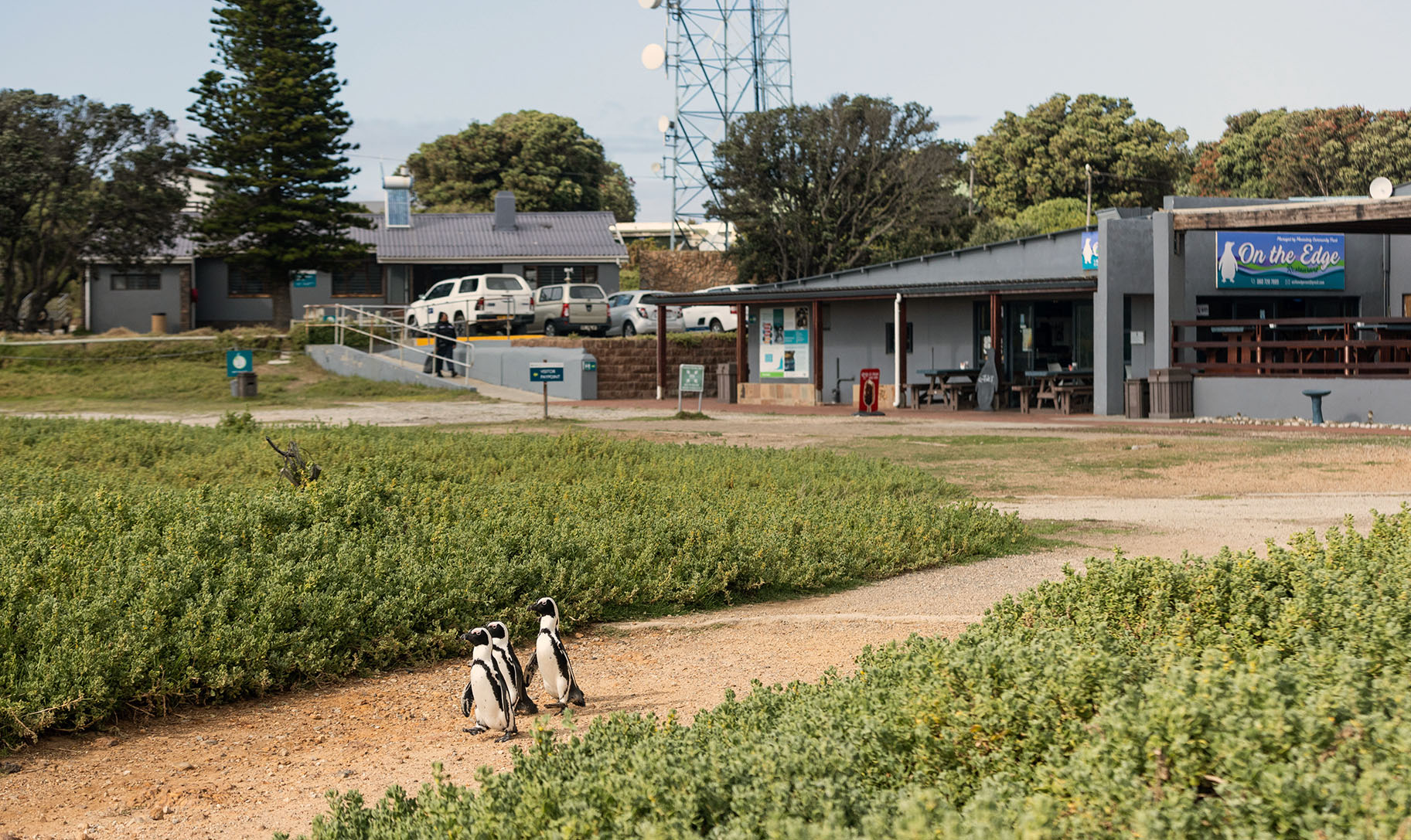
Stony Point Nature Reserve in Betty’s Bay is a popular destination for visitors. Penguins roam freely and safely. (Photo: Ashraf Hendricks)
Ultimately, the key to a sustained and productive relationship with nature in this context lies with those who live in and near the biosphere. This sense of pride and ownership can take many forms. Residents like Bohdanowicz are clearly committed to helping to protect the biosphere and support local commerce that excludes the proliferation of big retailers in small towns. For councillor Lerm, avenues must be found by the municipality to ensure that job and housing needs are met, while respecting conservation efforts, to ensure the area continues to be “an attractive place to invest and visit”.
In 2022, Overstrand residents helped the municipality come first in the Great Southern BioBlitz, an international survey competition to record the largest amount of biodiversity in designated areas. Incidentally, my homeland, Colombia, came in second, with Cape Town third. This says something about the pride that people can feel for their home and how it can power collective action. Appreciating and protecting our natural surroundings is essential for planetary survival, and the protection of public spaces and goods must guide decisions at all levels. In the Western Cape, this includes ensuring job creation for the well-being of the province as a whole. DM/MC/OBP
Marcela Guerrero Casas is co-founder of Local South and writes on behalf of the Western Cape Economic Development Partnership. This work was supported by Heinrich Böll Stiftung Southern Africa.





















 Become an Insider
Become an Insider
Comments - Please login in order to comment.